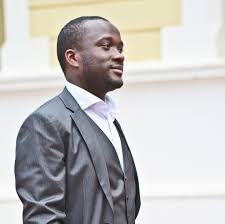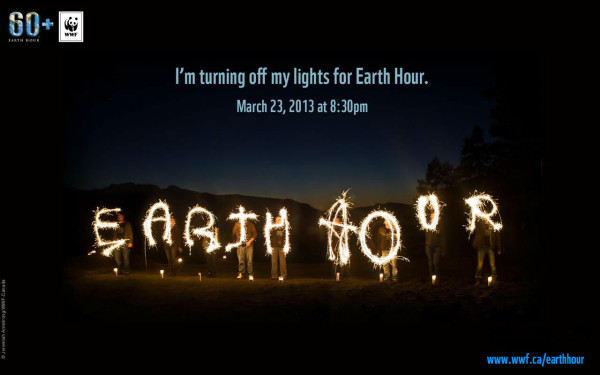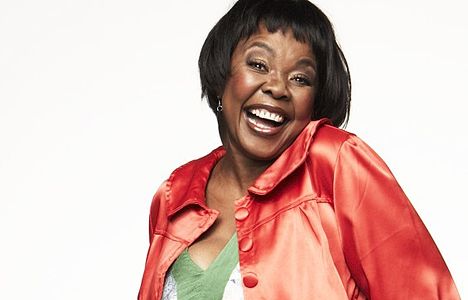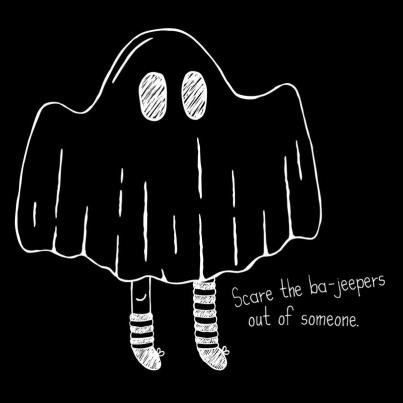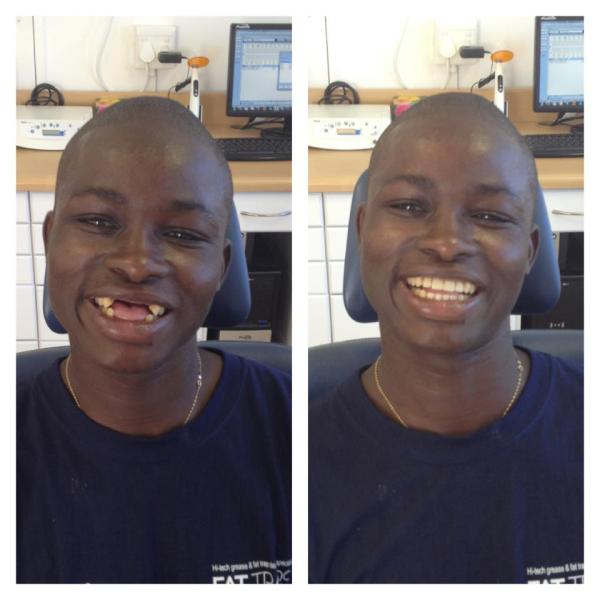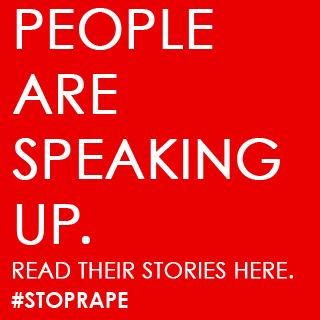You sir – yes you, the guy who decided to smash my car’s window on 2 May – you are an entitled asshole. Not because you took my phone, ripped my shirt, caused damage to my car or caused trauma to me, but because you give people of South Africa a very bad name.
You sir, make people like me believe that every beggar, every street merchant, every pedestrian is in fact a criminal. You make me lose faith in humanity around me. I who give without asking back, you thought it ok to force yourself into my space and endanger my immediate vicinity after pretending to beg from me.
And you sir, the other guy in that bakery van who decided it would be fun to strap a mesh mask to your face, tie it at your neck and lean out of your bakkie window to stare and glare at me – you are worsening the general perception of your culture with the masses.
What are you thinking you arrogant son-a-ma-biatch? That that kind of behaviour shapes our country and makes people feel safe in a place that we all are trying to make beautiful every day? Why am I, a white female automatically branded a racist b*tch? You don’t know me? I wasn’t in the struggle, and as far I could tell, neither were you – so stop trying to claim your stature by entitling yourself to intimidate my perception of our beautiful country.
I also believe in giving back, and assist in many charitable and goodwill institutions as often as I possibly can. I give my heart, my soul, my ears and my tears to people. I have seen abuse, hunger, old age, abused animals, sickness and poverty. I accept people freely, without restrictions on race, colour, creed, religion, sexual orientation or age, but one thing that has become apparent to me, is the general voice of entitlement that roars through the masses of South Africa without thought of another. All I ever hear is me, me, me – I, I, I. In our government, in our suburbs, in business… everywhere. We want this. When do you want it, now!
As I am typing this, I am furious. I cannot name one person within my circle of people who has not been a victim of crime in one form or another – be it petty crime, or murder. And yes, I do know there are many factors that influence crime in our beautiful South Africa. Poverty, lack of jobs or sustainability. Poor salaries, or no salaries at all. Over population in already dense areas. People who do not have running water, electricity, do not have access to proper education systems, health care or food. But my word, what entitles another person to decide that it is ok to harm another? There is no excuse. None.
Its a few days before our national election booths open their doors on 7 May. I, for one, am waiting with bated breath to see the decisions of millions of South Africans roll in. I have had dreams about this, literally, of standing in the queues, waiting to make my mark on a ballot paper – all in the hope of changing the current state of my country for the better.
To me, casting my vote is a very personal affair. I know who my vote will be for. And I know my reasons. I decided on it a while ago, but nothing could have affirmed my vote as indignantly as 2 May did.
As a 30 year old, unmarried, white female, I go at life mostly alone. I run my own company and pay my own way. I drive everywhere alone, stay on my own and believe in being a self-sufficient member of society. I am scared out of my wits most of the time, and have now learnt the art of awareness, self-defence and to be prepared for whatever comes your way at any time of the day. Hell, I can hit through your throat if you attack me in a dark alley, but am scared to do so because our legal system is not adequate enough to protect us from daily injustices, what to say from me harming someone who wanted to harm me in the first place.
Case in point – a poster on the back of an OR Tambo International bathroom stall door proclaimed proudly to me (April 2014) that more space is being made in our prisons as they recently released 30 000 people from our jails. What the hell is that about? So, the SA Correctional Services are letting petty criminals walk free to make space for more dangerous ones? Well, yes! THAT makes me feel so much safer.
On 28 April 2012, Police Minister Nathi Mthethwa said around 14,600 inmates will be released “conditionally or unconditionally,” according to the Associated Press. More than 20,000 offenders on probation or parole who qualify to have their sentences cut will also benefit from the decision.
Prisoners declared violent criminals and those jailed for sexual, drug-related and weapons offenses will not be among those to benefit from the remissions of sentences.
I took a photo, but don’t have it anymore as it was on my phone that I apparently donated to someone unwillingly.
My question now is this, who did they release? Petty criminals? Hijackers? Smash and Grabbers? Yes, those people are back in society. They are most probably worse off than when they went into jail. They are probably now even poorer, their families are suffering, their conditions have worsened and their needs have increased drastically.
How do I as a South African then blame them, that they feel entitled to enter my private space and take my possessions or cause harm to me? I can’t! But what I can do, and I am now addressing said sirs above, is vote for a change to come to South Africa this election. A change, not to see you go to prison necessarily (although greater police visibility in areas that are plagued by hi-jack zones and smash and grab zones would be a bonus, with police actually willing to assist) but rather that might see you being able to get a job. To obtain the money through good honest work made available to you to feed your family, and not see the need to take from me to give to you. For your kids to have an education, and create a better world for you, and their children. And my word, I hope you too, sir, make the right choice too.
Everyone’s a damn Robin Hood.
29 parties appear on the national ballot paper, and as far as I can see, many have made their choice on who they would vote for while others are still slightly indecisive.
An X isn’t carved with a bow and arrow but with a black pen and a green barcoded ID book on a ballot paper. If you moan it, you own it, so make sure you cast your vote come 7 May.

